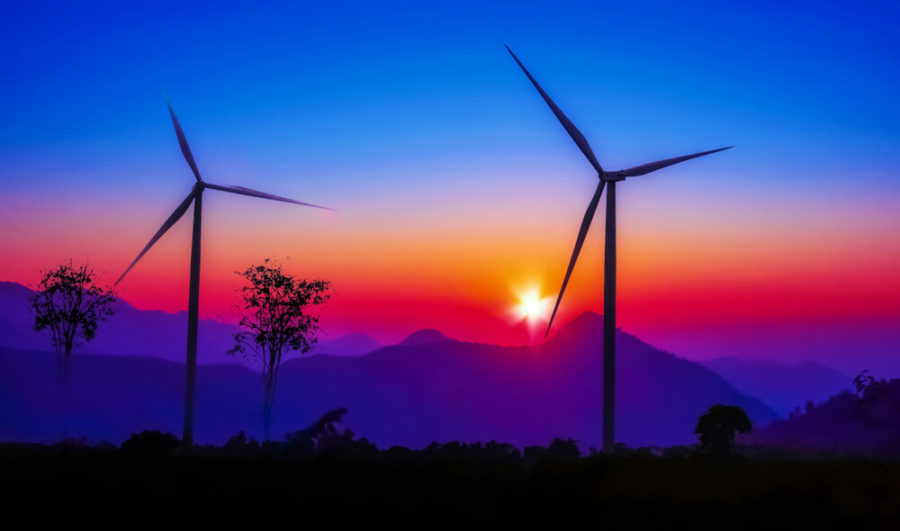

In perhaps the most reassuring message coming out of an otherwise disappointing show at COP24, IRENA’s assertion is reason to hope that despite major powers like the US , Russia and Saudi Arabia, beholden to oil, the fight against climate change does have legs.
At the ongoing 24th Conference of the Parties (COP24) to the United Nations Framework Convention on Climate Change (UNFCCC), the International Renewable Energy Agency (IRENA) in its brief underscored the sharply falling costs of solar, wind and other renewable power-generation options. The agency reaffirmed that a global energy system powered by renewable sources is key for climate action and with the cost factor for renewable energy deployments imposing a strong and steadily improving business case with increasingly exciting economic opportunities, climate-safe energy is now competing with conventional energy sources for the lowest price.
Building on its report from earlier this year, the note revealed that indeed the cost of electricity from renewable energy technologies has fallen steadily, and in some cases dramatically, in recent years. Global weighted average costs for electricity from all renewable technologies except CSP now fall within the range of fossil fuels, which in 2017 was between $0.047 and $0.167 per (₹3.387-12.035) kilowatt-hour (kWh). Between 2010 and 2017, the global weighted average cost of electricity from newly commissioned utility-scale solar PV plants fell 73%, to $0.10(₹7.2)/kWh in 2017.


Onshore wind, now represents one of the lowest- cost sources of new power generation capacity. The global weighted average cost of electricity from onshore wind fell by 23% between 2010 and 2017, to around $0.06(₹4.32)/kWh. Recent auctions in Brazil, Canada, Germany, India, Mexico, and Morocco have resulted in onshore wind power levelised electricity costs (LCOEs) as low as $0.03(₹2.16)/kWh.
IRENA expects that cost reductions are set to continue beyond 2020, with global average costs falling to about $0.05(₹3.6)/kWh for onshore wind and $0.06(₹4.3)/kWh for solar PV. In addition, the agency forecasts that the total electricity storage capacity could triple in energy terms by 2030, and along with the rapid uptake of renewable power, this could lead to the doubling of the share of renewables in the global energy mix. Further, the note states that with the growing demand for electricity storage from stationary and mobile applications, the total stock of electricity storage capacity could grow from an estimated 4.67 TWh in 2017 to 12-15 TWh by 2030.
[related_post]
Global investment in renewable energy has increased significantly over the last decade and the energy transition is technically feasible and economically beneficial but, the agency believes that it requires a substantial additional investment of up to $27 trillion between now and 2050 to truly adopt the energy transition. Private sector’s engagement is critical. But public finance can play a key enabling role, covering early-stage project risk and getting new markets to maturity.
India’s ethanol initiative has helped India save Rs. 1,26,210 crore in foreign exchange by reducing…
Noida-based green energy leader NexGen Energia Ltd has secured a $1 billion equity investment commitment…
As Odisha takes firm steps toward a just transition from fossil fuels to renewable energy,…
Bio-Integrated cladding for greener cities, an innovative solution by a 29-year-old Indian architect, has won…
In a novel move, Farmwatt Innovation has launched a long-term training and capacity-building initiative focused…
State owned Bharat Petroleum Corporation Ltd (BPCL) has joined hands with GPS Renewables Pvt Ltd…